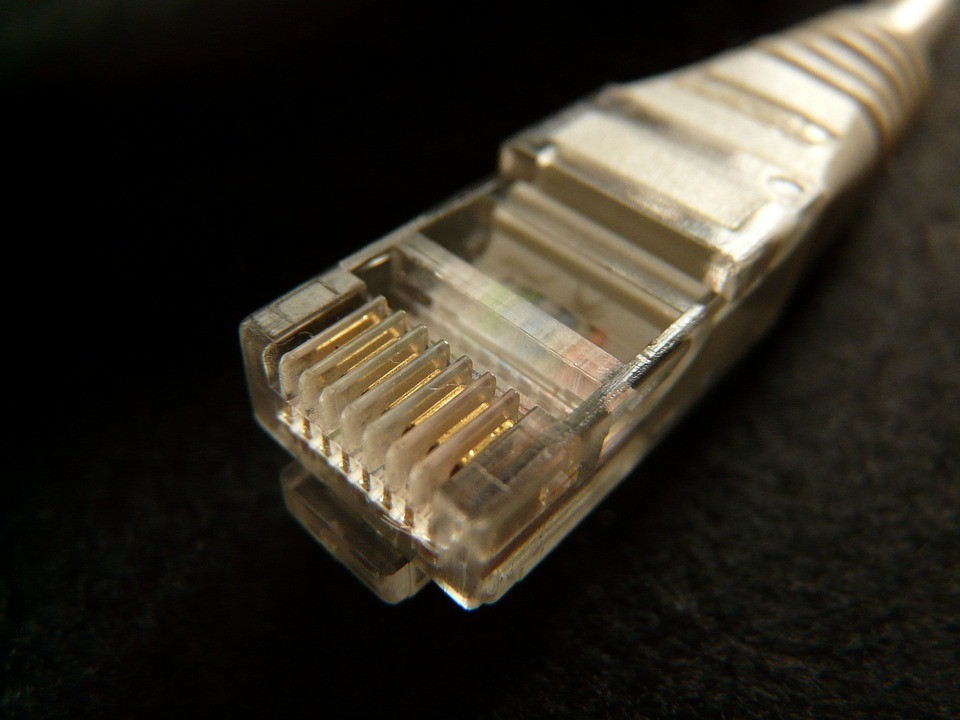
About 13 percent of Tennesseans don’t have access to broadband internet service at the federal standard — a “core utility” that’s become a maker and breaker of many jobs.
The Tennessee Department of Economic and Community Development found that 834,545 Tennessee residents don’t have access to high-speed internet — a recommended 25 megabytes per second of download speed and 3 megabytes per second of upload speed. Though 87 percent of households have broadband availability, rural regions of Tennessee are affected the most. About 24 percent of rural citizens are without broadband access, while only two percent of those who live in the city are affected.
“The department commissioned this report to establish benchmarks on broadband access in Tennessee,” said TNECD Commissioner Randy Boyd. “We need to evaluate these options and begin a meaningful dialogue.”
More than 23,000 residents and businesses participated in the study. Broadband access is responsible for 43 percent of new net jobs and 66 percent of revenues, according to businesses surveyed. About 34 percent of businesses said broadband was essential to choosing where to move their business, and 56 percent said it was imperative for them to remain at the location. Businesses often passed on a location due to poor internet access, sixteen percent of economic development agencies reported.
[pullquote-1]
That could spell trouble for Tennessee, where at least 33 percent of residents live in rural areas, according to the U.S. Census Bureau. Broadband accessibility is affected by a community’s economic status, the level of competition among providers, various types of connection, and population density. About 4.6 percent of household respondents do not have an internet connection at home, the study found. More than half respondents said that there was no broadband available where they lived.
The second most mentioned reason for not having internet access was affordability. To implement broadband service in all Tennessee homes, however, would cost between $1.1 billion and $1.7 billion, the study found.
“The information in this report is a starting point to advance the conversation about broadband access in our state,” said Gov. Bill Haslam. “An internal working group will review the report and have discussions with stakeholders to develop potential solutions to close the gap on broadband access in Tennessee.”
Chattanooga is tied with Seoul, Korea, Hong Kong, China, Tokyo, Japan, Kansas City, Kansas, Kansas City, Missouri, and Lafayette, Louisiana, in offering the fastest, broadband internet in the world. Chattanooga offers its own service provider through the city’s Electric Power Board (EPB). Only one percent of those in Hamilton County are without access.
The Electric Power Board of Chattanooga has sparked criticism from companies like AT&T and legislators who see municipally owned internet services as an intrusion into private business. Municipal services, like Chattanooga’s, say they are providing access to underserved areas.
Tennessee is challenging a ruling made last year by the Federal Communications Commission that allows Chattanooga’s EPB to extend access outside of their area. Prior to the FCC overruling it, state law restricted municipal power utilities from offering telecommunications services outside their electric service territories.
Though 97 percent of Shelby County has access to broadband service, 75 percent of households want to improve how they use the internet. Households with broadband internet access have more opportunities to earn income and train for employment. About 23.5 percent of households surveyed run a home-based business, the study found.
“Not every option included in the report may be the answer for Tennessee, nor is there one simple solution,” Boyd added. “With the menu of options provided in the study, decision makers can begin a dialogue to find a win-win-win combination to ensure our communities have the broadband they need.”